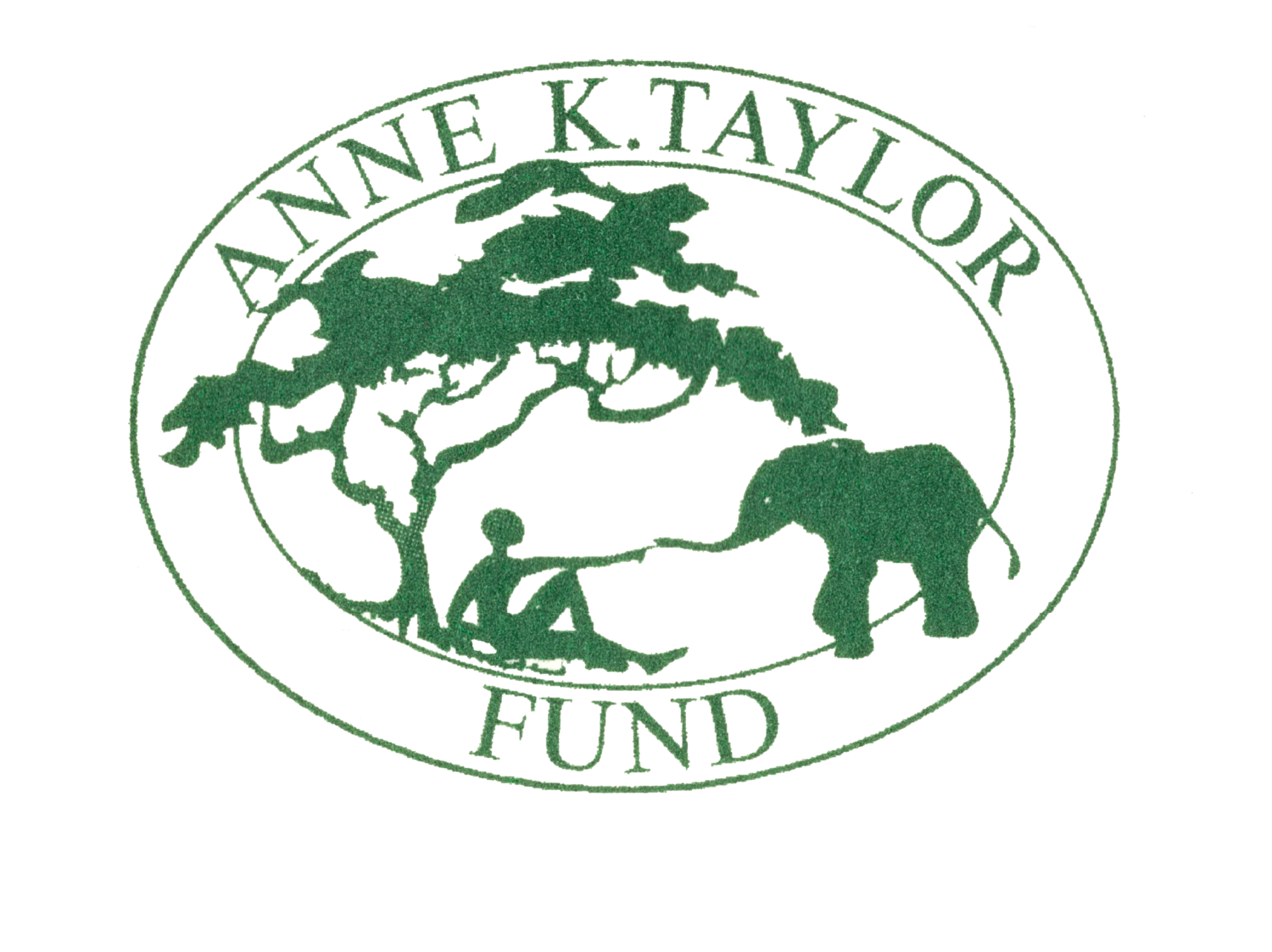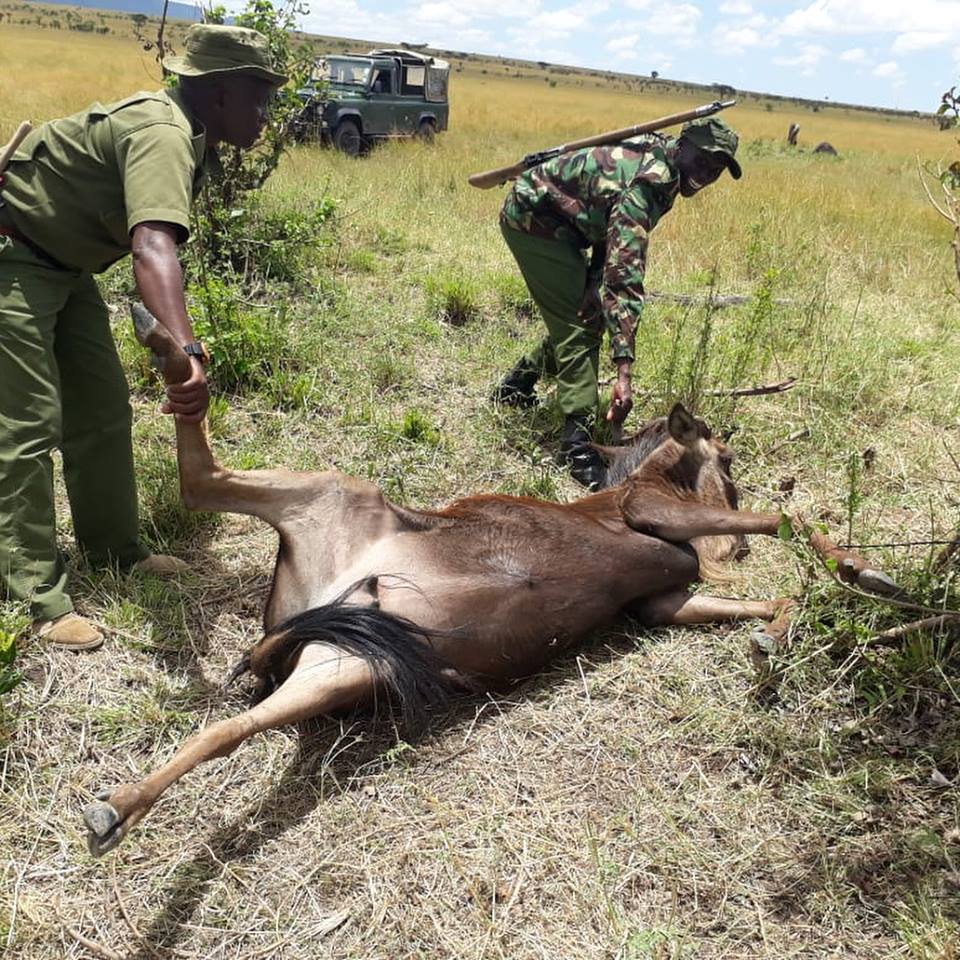Anti-Poaching Patrols, Wildlife and Habitat Protection
The Issue:
The commercial bush meat trade is a devastating form of poaching that threatens the very existence of African wildlife. Relatively unknown, it has reached epidemic proportions throughout the continent.
One could compare it to the drug trade—highly organized, very lucrative —and is resulting in a drastic loss of wildlife.
It should be noted that the commercial bush meat trade is quite distinct from subsistence hunting (which is also illegal in Kenya).
In addition, profitable poaching to satisfy the commercial demand for elephant ivory and rhino horn has decimated the populations of these animals throughout Africa. Kenya has prided itself on leading the African nations in their battle against the ivory and rhino horn trade and bringing this cause to the world’s attention.
One of many massive piles of illegally harvested timber
How We Help:
The AKTF Patrol Team has been working with the relevant authorities to patrol key poaching hotspots in the Trans-Mara and Mara Triangle in order to deter and arrest poachers, remove snares and rescue injured animals, with commendable results. This team of dedicated wildlife warriors works hard to protect wildlife in the Mara.
AKTF Rangers saving a wildebeest from a snare
Efforts are being made in many areas of Kenya to increase patrols that find and remove these wire snares set by poachers. One of the horrible consequences of snaring is that it can indiscriminately kill and injure any type of wildlife. AKTF works with the authorities in Maasai Mara to help control bush meat poaching and conducts community education programs on the importance of saving wildlife.
Habitat Protection
The Nyakweri Forest is disappearing at an alarming rate as people illegally log for charcoal and timber.
A major threat to wildlife is habitat loss in the Nyakweri Forest. Not only does the Nyakweri provide necessary food sources and shelter for animals, but it is also a critical piece of the water cycle in the region, and its disappearance could mean a drastic and detrimental shift in the amount of rain the Mara receives. In other words, when the trees disappear, the region is likely to dry up—for wildlife and humans alike.
Our team’s main focus is patrolling the forest and facilitating the Mara Conservancy, Kenya Wildlife Service, and Kenya Forestry Service in their efforts to arrest poachers, destroy illegal charcoal kilns and disrupt logging operations.
The AKTF Team
Wildlife Rescues:
In collaboration with the Kenya Wildlife Service’s veterinarian supported by David Sheldrick Wildlife Trust, we have assisted in the rescue of hundreds of wild animals, by removing snares, poisoned arrows and spears from those animals unfortunate enough to have been harmed by humans. These include elephants, giraffe, lions, buffalo, rhino and many other animals.
One of the many illegal charcoal kilns destroyed by ATKF in conjunction with the authorities.
Anne destroying an illegal kiln









